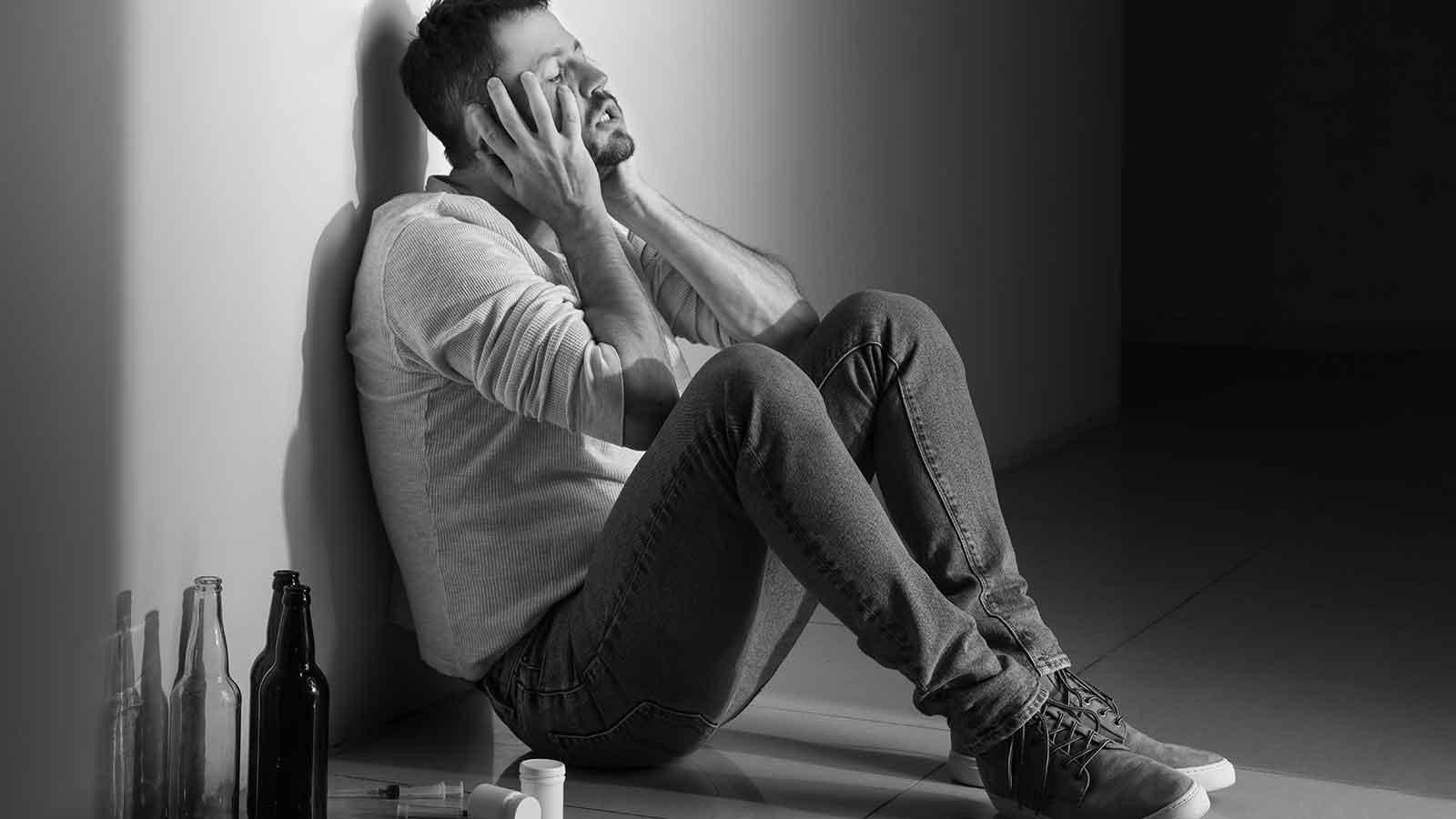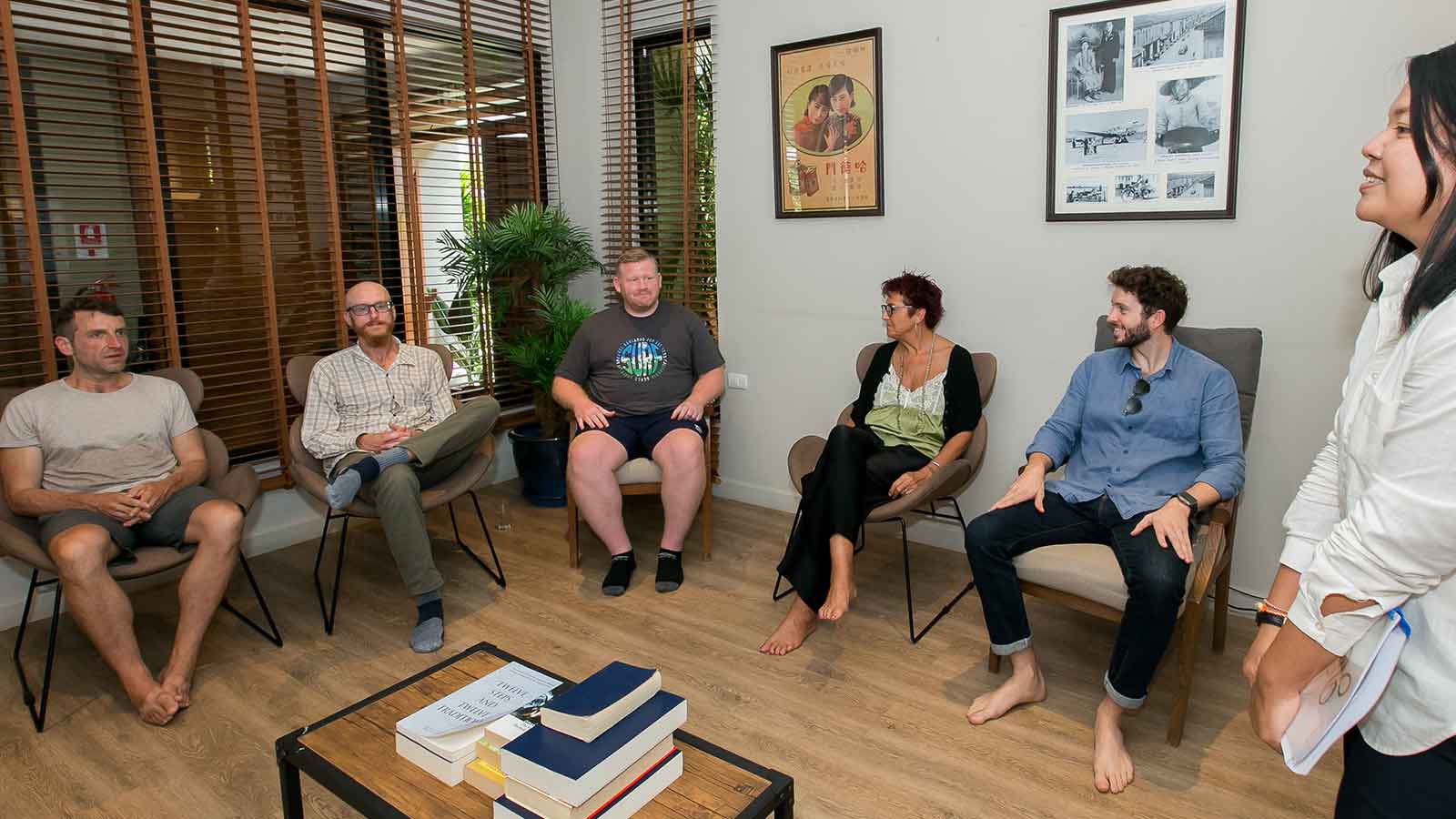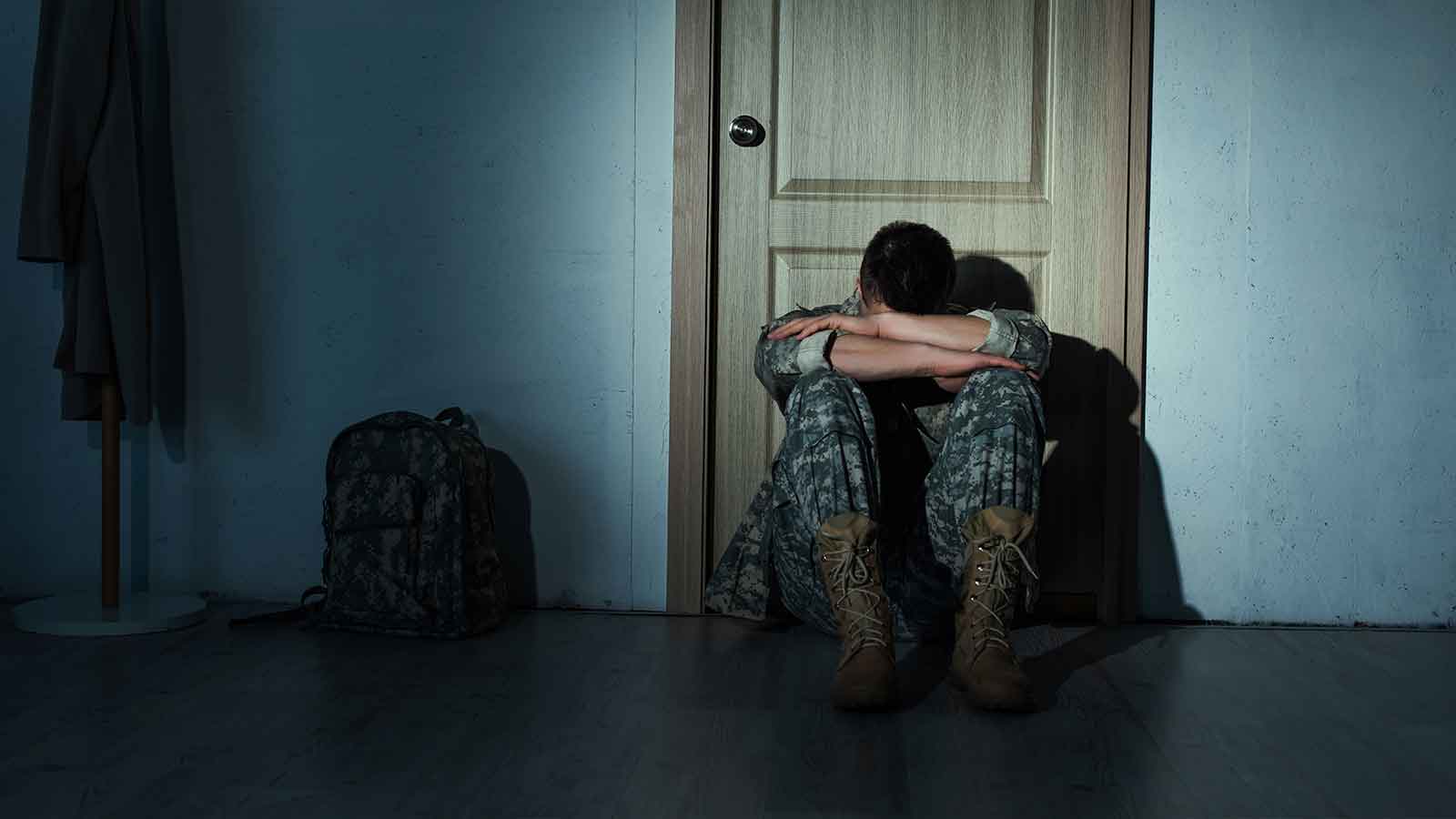When untreated, these symptoms can significantly interfere with one's day-to-day life, leading to the development of coexisting mental health issues, such as depression and insomnia. In many instances, PTSD leads to substance or behavioral addiction.
If you or your loved one struggles with PTSD, it may feel like you'll never get your life back. That's not true. It's possible to treat PTSD, but it's imperative to find the appropriate treatment plan.
Here's where Miracles Asia can help.
We provide holistic and personalized mental health treatment focusing on various problems, PTSD included. Combining various PTSD treatment methods, our Clinical Team will help you with treatment, coping, and recovery, allowing you to retake control of your life.
What Is PTSD: Symptoms and Diagnosis

After such an event, people struggle to process traumatic memories, which often manifest themselves in the form of flashbacks or nightmares. Often, people with PTSD lose the memory of their traumatic experience, although other symptoms, such as anxiety and fear, remain.
That constant feeling of stress and anxiety often leads to depressive and negative thoughts. Many people with PTSD use drugs or alcohol as coping strategies, leading to abuse and eventually addiction. In many cases, PTSD can even lead to suicidal attempts.
That is why it's so vital to contact a mental health professional the moment you start noticing the following symptoms:
Intrusive memories:
Anxiety & stress:
Negative mood symptoms:
PTSD Treatments

After years of experience in treating addictions and mental health issues, Miracles Asia has developed an effective PTSD treatment plan that can be tailored to each patient's specific circumstances and individual needs.
Our rehab program combines a holistic approach with psychotherapy and medication treatment, providing PTSD patients with the ultimate treatment plan to help them regain control over their lives.
Psychotherapy
Cognitive Processing Therapy
CPT then helps identify the traumatic event responsible for developing PTSD, establish why this experience is so bothersome, and, eventually, learn how to cope with PTSD symptoms effectively.
Usually, cognitive therapy takes 12 sessions to complete, although the exact number of sessions will depend on the individual.
Eye Movement Desensitization and Reprocessing Therapy
EMDR therapy helps trick the brain into processing information it has previously rejected. It does that by forcing the malfunctioning parts of the brain to deal with traumatic events and experiences while the other parts are focused on following the therapist's movements.
Prolonged Exposure Therapy
This treatment focuses on embracing the feelings related to trauma the patient has experienced. The therapy may look different depending on the specific case.
Usually, it involves a therapist teaching a PTSD patient coping strategies, such as breathing techniques, to help them face the trauma and, with time, reduce PTSD symptoms.
Stress Inoculation Therapy
During SIT therapy, patients learn breathing and massage techniques or other strategies to help them stop negative and anxious thoughts.
Medication Treatment
The goal of these medications is to help the patient stop thinking about the traumatic event, including nightmares or flashbacks.
The most common drugs used to support PTSD treatments are antidepressants. Often vital in treating anxiety and depression, antidepressants, such as selective serotonin reuptake inhibitors (SSRI), can help PTSD patients with sleep and concentration.
At Miracles Asia, our mental health professionals always look at each case individually to decide whether the medication treatment is needed or appropriate.
How PTSD Links with Addiction

Posttraumatic Stress Disorder and addiction are two heavily correlated mental disorders. Indeed, PTSD changes the brain structure in a similar manner to substance abuse and addiction. Often, these two disorders feed off each other.
That's because the traumatic event that caused developing PTSD could've also pushed someone into drug or alcohol addiction. It's common for people with PTSD to use drugs, alcohol, or other destructive behaviors, e.g., gambling or pornography, as coping mechanisms for their trauma.
And these aren't only rough estimates or prejudice. The correlation between PTSD and addiction is well-researched and documented.
One study shows that almost 50% of people with PTSD also met the criteria for substance use disorder. Furthermore, people seeking help with PTSD are 14 times more likely to be diagnosed with a substance or behavioral addiction.
Again, that's due to them using alcohol or drugs as coping mechanisms before embracing that their issue requires professional medical help.
That is one of the many reasons why people with PTSD seek help at rehab centers such as Miracles Asia.
Located on the tranquil island of Phuket, Thailand, Miracles Asia's Rehab and Wellness Center is the ideal place for people who want to put their life back on track.
Thanks to our unique, holistic approach to addiction and mental health treatment, Miracles Asia's program has a proven record of helping people recover from whatever battle they are fighting.
How Miracles Asia Can Help Treat PTSD & Addiction
Our addiction and mental health services are specifically designed to provide patients with a personalized approach to treatment. We believe that every case should be treated differently for the highest chances of full recovery.
Whether it's PTSD, depression, anxiety, or any other mental health disorder that might've pushed you into addiction, our Clinical Team will assess your situation and provide you with the best possible treatment plan.
We have vast experience and a proven record in treating numerous mental health conditions and addictions. Our programs include:
During your PTSD treatment retreat, you will work closely with our mental health professional and other patients. You will take part in individual therapy and group therapy sessions, allowing you to learn more about how to treat PTSD individually and how other people with similar issues cope with their problems.
You will also have access to our state-of-the-art amenities, such as swimming pools, yoga studios, massage studios, therapy rooms, and more.
Whatever your struggle might be, we're confident you will find what you need to regain control over your life here. Remember, treating PTSD along with any co-occurring conditions is possible. You just need to know when and where to reach out for help.
What Makes Miracles Asia the #1 Thai Rehab and Mental Health Recovery Center
Here are just some of the key reasons why people choose Miracles Asia as their #1 rehab and mental wellness center in Thailand:
Located on the beautiful island of Phuket in Thailand, Miracles Asia is a luxury rehab and wellness center that offers a holistic approach to treating addictions and their co-occurring mental disorders, including post-traumatic stress disorder (PTSD), depression, anxiety, and insomnia.
Contact us today and learn how we can help with your PTSD treatment.


